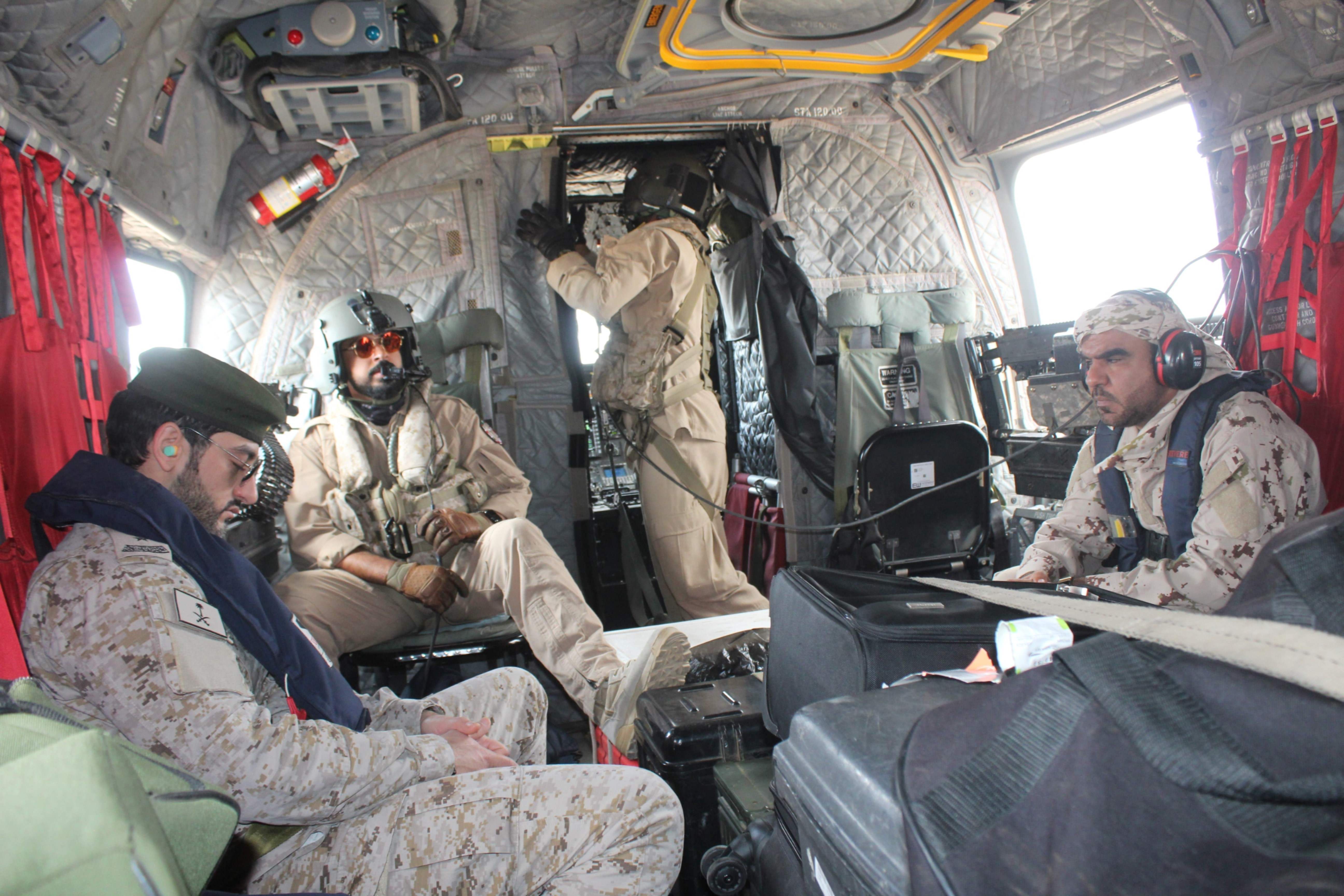The escalation of disputes between the emirates over the continuation of military intervention in Yemen has led to a change in the UAE strategy towards the aggressive Arab coalition led by Saudi Arabia. Furthermore, a senior UAE official said his country would cut the number of its troops in Yemen for strategic and tactical reasons.
Seyed Sabah Zangeneh, an expert on West Asia affairs, said in an interview with the website of the Strategic Council on Foreign Relations (SCFR) that the UAE is a country that has stood on its own feet, trying to find an appropriate place in the region and among other nations through proper planning. Indigenous people, as well as foreign labor forces, engineers, doctors, and planners worked together effortlessly and shaped the country. They also created good opportunities in the fields of economy, science and technology, the use of day-to-day technologies, the banking system and international trade, imports and re-export and …
He added that the decision by the UAE to be part of the Saudi-led coalition against Yemen came as a big surprise because the UAE was getting involved in an affair that could have dire and dangerous consequences for Abu Dhabi.
Sabah Zangeneh said that Yemen is the neighbor of the UAE, Saudi Arabia and the Sultanate of Oman, and the behavior of these countries in relation to Yemen speaks of some kind of administration and governance of these countries. He added: “Oman never sent troops to Yemen and did not want to play a controversial role vis-à-vis the internal affairs of that country. Saudi Arabia on the other hand entered Yemen with full force, deployed troops and even hired some mercenaries. It used the most modern weapons in the world and purchased weapons from the United States, France, Britain, and even Germany. The Saudi arms purchases may have gone up to the same amount Riyadh pledged to Donald Trump, and spent on the war against Yemen.”
He said the UAE, along with Saudi Arabia, adopted a different pattern and behavior, but sooner than Saudi Arabia it realized that Yemen was indeed a quagmire; as Kuwait was a swamp for Saddam and resulted in his downfall Yemen too could prepare the same fate for the interventionists. This indicates that, in addition to the domestic consultations, the emirates have probably reached some rationality and understanding about international relations.
Zangeneh added: “It seems that the UAE can help the Yemenis negotiate among themselves and reach the best solutions. The United Nations and European countries are also trying to help this process. The Islamic Republic of Iran has also been on the same path and contributed to peaceful solutions with the cooperation of European countries. The UAE can also join this path and expand regional cooperation.
The expert on West Asian affairs stressed: “Indeed, when the UAE entered Yemen, it was looking for interests such as reaching the Arabian Sea, the Aden Sea and the oceans. Whatever it was, it was just a dream. A sudden departure from a dream is hard. Of course, some Western analysts believed that the UAE sought disintegration of South Yemen and could achieve its goals by establishing an independent state in South Yemen.
He believed that Saudi Arabia has been seeking to dominate all the Yemeni tribes and the Red Sea coast but according to an Arabic proverb, “coming down from a tree you have climbed cannot be abrupt but gradual.”
Zangeneh noted: “During the invasion of Yemen, the credibility of the UAE was severely tarnished, internal disputes between Emiratis have risen sharply, the union’s income has dropped dramatically, and the UAE’s security is under serious threat.
He emphasized, however, that the UAE has been cooperating with Saudi Arabia over the past years and a sudden halt to this collaboration will be difficult. It was a kind of convergence at the level of a coalition between the two countries in economic and military matters. Of course, there was little success in economic matters, and each of these two countries had a particular management in military matters.
Zangeneh noted: “Increasing tensions in the region was one of the factors that made the UAE quit. The country should show its loyalty to the fundamentals it is depending on and differentiate the current emirate from the scattered emirates. That is to ensure that the UAE is the factor to link to international trade, while by entering the Yemeni war, this factor became a link to tension which forced the major economies of the region and the major poles of world trade to escape from the UAE. Therefore, a return to those principles will be desirable for the UAE and it must strive to regain the past status.
He added that the presence of some wise and resourceful forces in the UAE raises the hope that they have gained a good experience over the last few years and can return to a more positive role with more cunning behavior and consolidation of reason and logic.
Zangeneh said: “It seems that since the father of Abu Dhabi rulers enjoyed rationality and insight in his behavior with neighboring countries whether Yemen or other countries overlooking the Persian Gulf, it can be hoped that the rulers would have a better understanding of the depth of regional relations, come out of the catastrophe they have created in Yemen and help restore the suffering and grief of the Yemeni people.










0 Comments